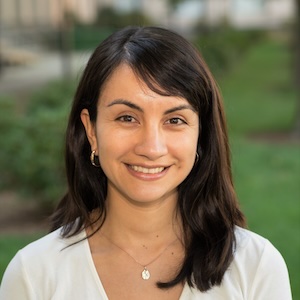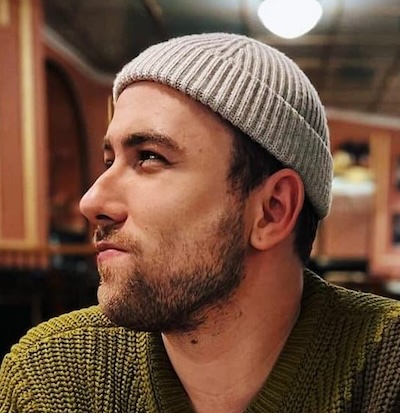The complexity and scale of biological data are growing at an explosive rate. Currently, the main bottleneck towards new biological insights is often our ability to interpret existing data rather than limitations in the availability of data. In recent years, generative models have provided spectacular advances within various biological domains, and the community of researchers applying generative models to address biological problems is rapidly growing. This conference is an attempt to highlight some of the important current developments in the interface between generative models and life science—with a particular focus on the area of biomolecular modelling and relevant machine learning tools.
Speakers
Program
| Monday (April 15) | Tuesday (April 16) | ||
|---|---|---|---|
| 09:00-09:30 | Registration and coffee |
09:00-09:30 | Coffee |
Session 1 Chair: Wouter Boomsma |
Session 4 Chair: Aasa Feragen |
||
| 09:25-09:30 | Opening remarks |
||
| 09:30-10:20 | Pascal Notin Hybrid protein language models for fitness prediction and design |
09:30-10:20 | José Miguel Hernández-Lobato Deep Generative Models for Molecular Simulation |
| 10:20-11:10 | Alexander Tong Optimal transport and flow matching with applications to cell trajectories and protein design |
10:20-11:10 | Theofanis Karaletsos Modelling Cellular Perturbations with Deep Generative Models |
| 11:10-11:30 | Coffee |
11:10-11:30 | Coffee |
Session 2 Chair: Thomas Hamelryck |
Session 5 Chair: Jes Frellsen |
||
| 11:30-12:30 | Timothy Jenkins Decode, Design, Deliver: GenAI unlocking protein discovery and binder design
| 11:30-12:30 | Brian Trippe Probabilistic methods for designing functional protein structures |
| 12:30-13:30 | Lunch |
12:30-13:30 | Lunch |
Session 3 Chair: Ole Winther |
Session 6 Chair: Simon Olsson |
||
| 13:30-14:20 | David Knowles Machine learning models of pre- and post-transcriptional gene regulation |
13:30-14:20 | Dina Schneidman Structure-based epitope-specific antibody design |
| 14:20-15:10 | Christian Andrew Choe RNA modeling and design in the generative AI age |
14:20-15:10 | Rocío Mercado Oropeza Next-Gen Drug Design with Machine Learning |
| 15:10-15:30 | Coffee |
15:10- | Closing remarks and coffee |
| 15:30-16:20 | Germans Savcisens life2vec: Life trajectories in high-dimensional spaces |
||
| 16:20-18:00 | Poster session |
||
| 18:30-22:00 | Dinner |
||
Registration
Please register by clicking the button below no later than April 7th, 2024.
|
Conference attendance with lunch This includes conference attendance and lunch on Monday and Tuesday. |
DKK900 |
|
Conference attendance with lunch for students (BSc/MSc) This includes conference attendance and lunch on Monday and Tuesday. |
DKK200 |
You can, in addition, buy a dinner ticket (+DKK750) for the conference dinner at BÆST. Note that there are few seats for the dinner (~50).
Venue
The conference takes place in the Lundbeck Auditorium at the Department of Biology, University of Copenhagen. The full address is:
Lundbeck Auditorium
Copenhagen Biocenter
Ole Maaløes Vej 5
2100 Copenhagen, Denmark
Dinner
The conference dinner on Monday evening takes place at restaurant BÆST, which is about 15 minutes walking distance from the venue and with full address:
BÆST
Guldbergsgade 29
2200 Copenhagen N
Restaurant website
Organisation
The workshop is jointly organised by:
- Wouter Boomsma, University of Copenhagen
- Aasa Feragen, Technical University of Denmark
- Jes Frellsen, Technical University of Denmark
- Thomas Hamelryck, University of Copenhagen
- Søren Hauberg, Technical University of Denmark
- Anders Krogh, University of Copenhagen
- Simon Olsson, Chalmers University of Technology
- Ole Winther, Technical University of Denmark and University of Copenhagen
Funding
The workshop is funded by the Danish Data Science Academy, the Novo Nordisk Foundation and the Center for Basic Machine Learning Research in Life Science.










